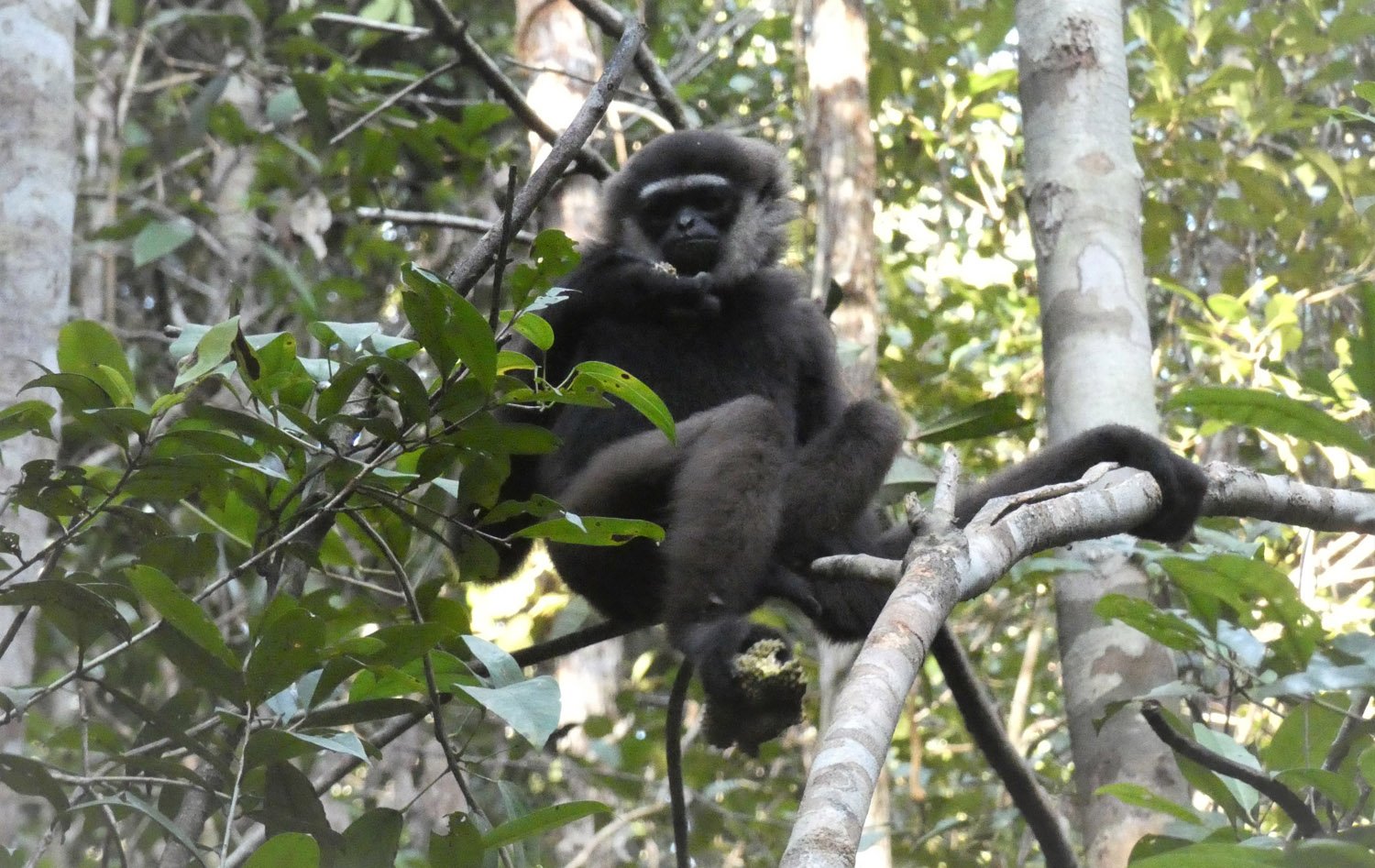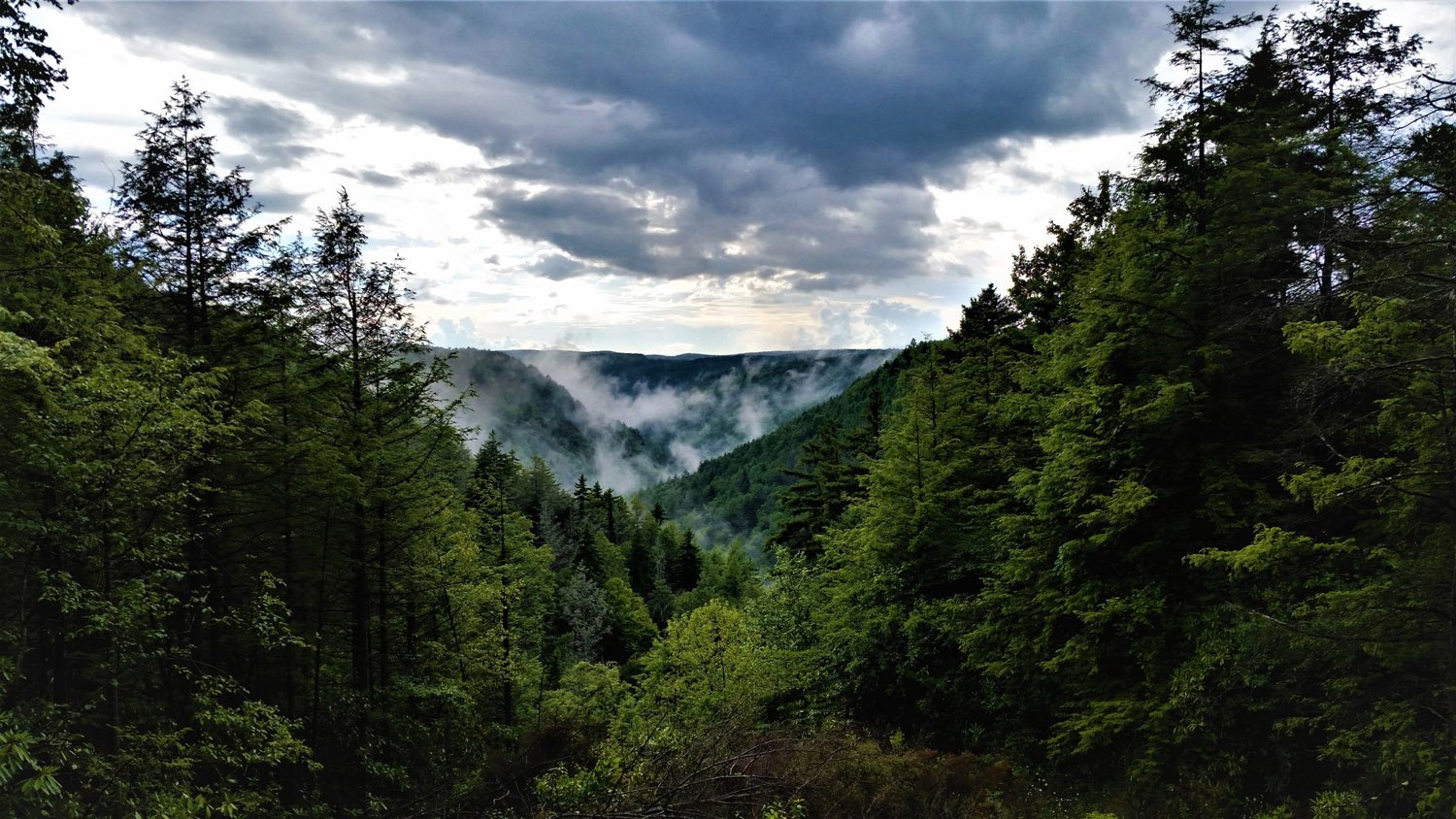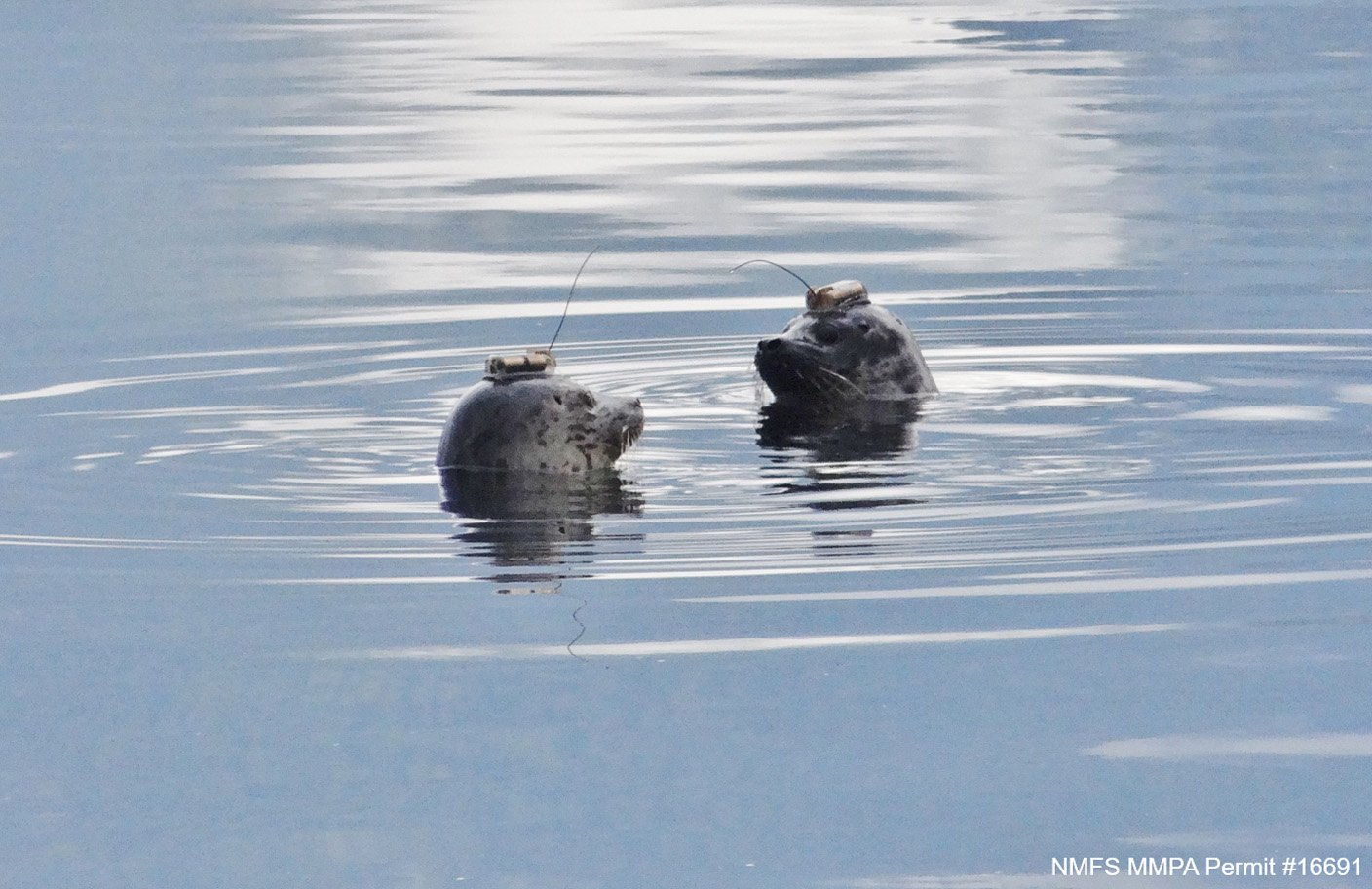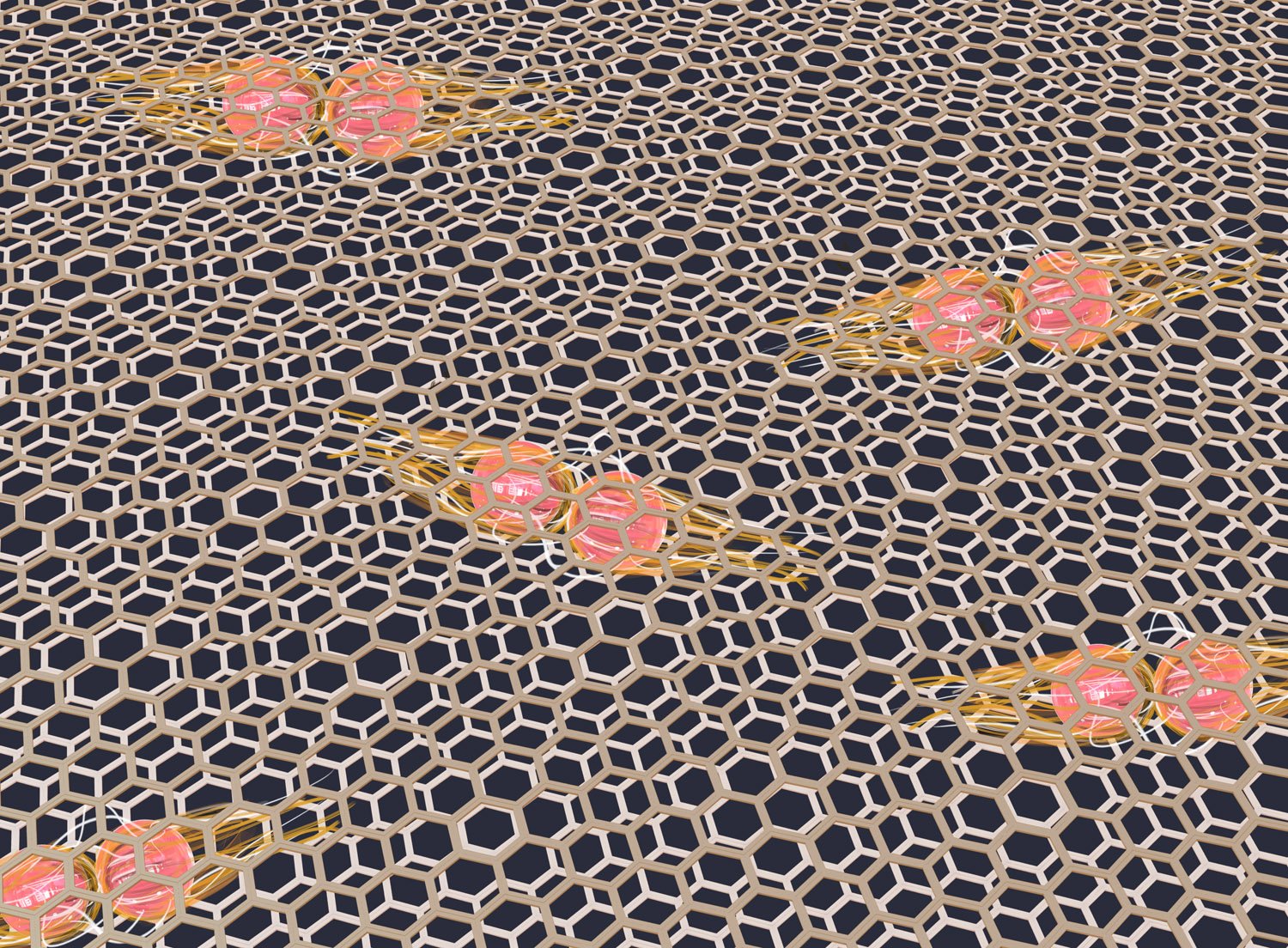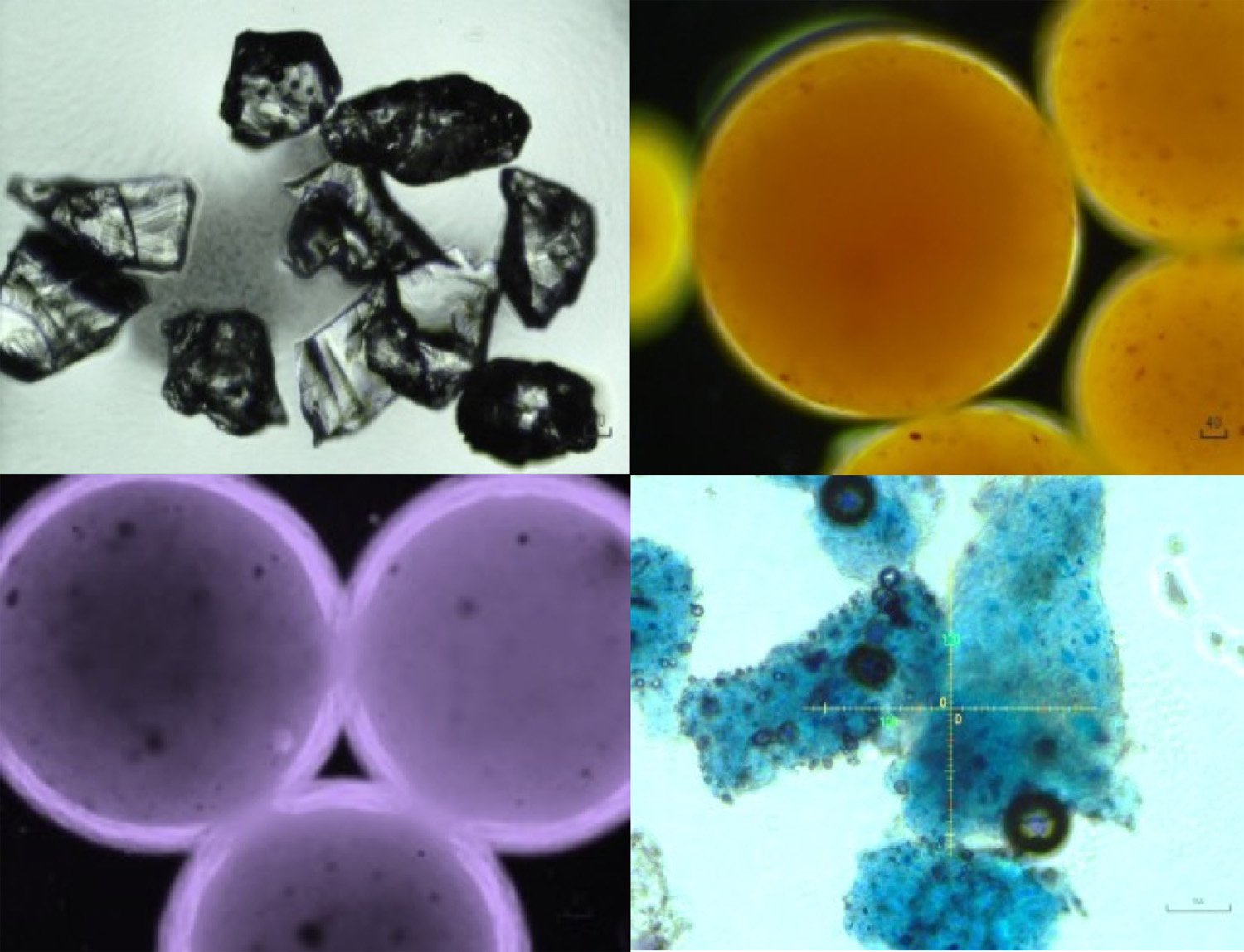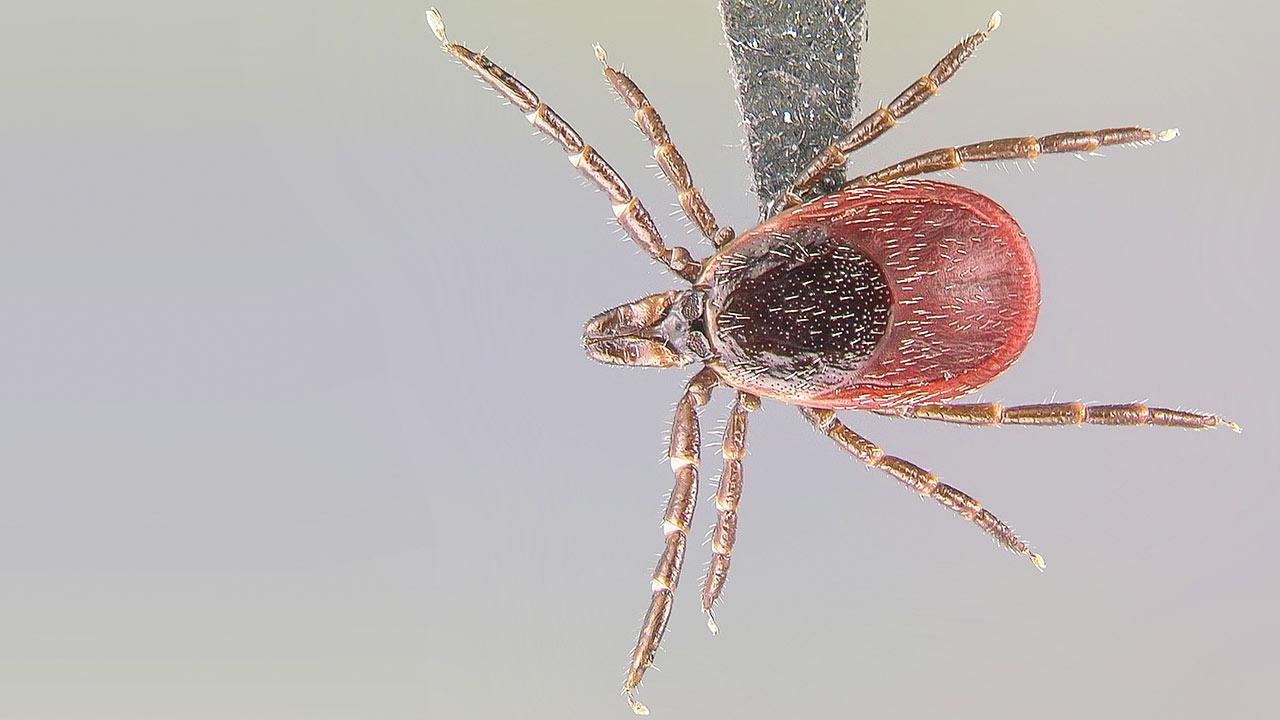Gibbons’ large, long-term territories put them under threat from habitat loss
Wild gibbons living in the peat swamps of southern Borneo require between 20 and 50 hectares of forest territory for each group, making their populations particularly vulnerable to habitat loss, according to a study publishing July 31 in the open-access journal PLOS ONE by Dr. Susan Cheyne at the Borneo Nature Foundation, and colleagues. Gibbons are highly … Read more
